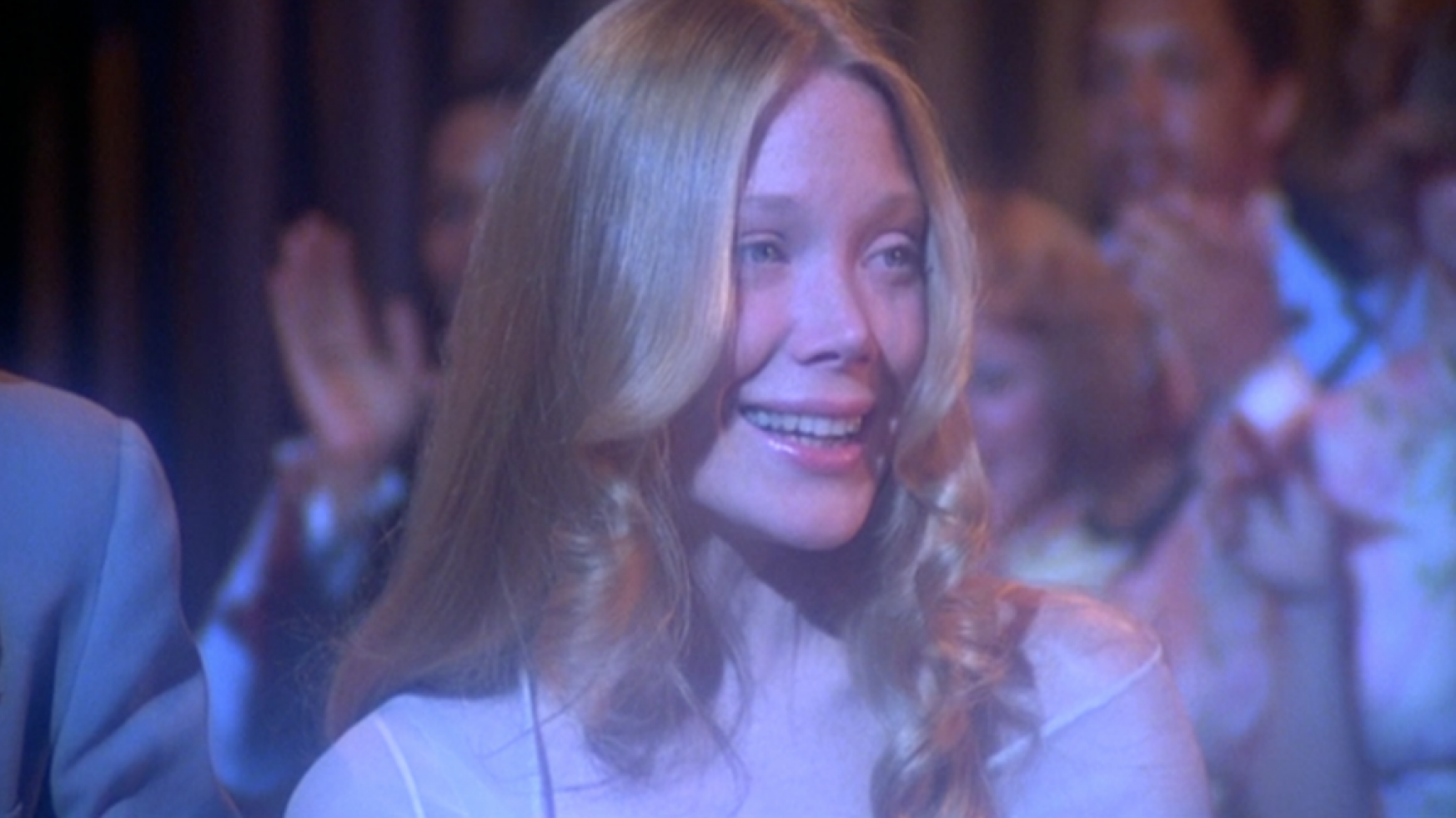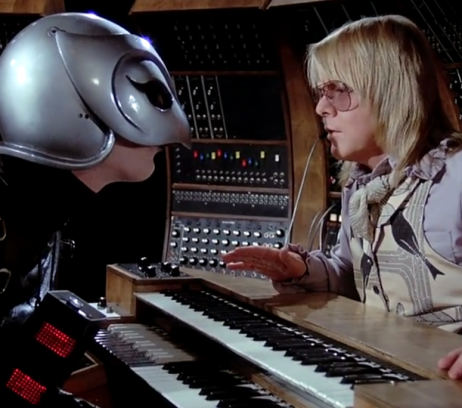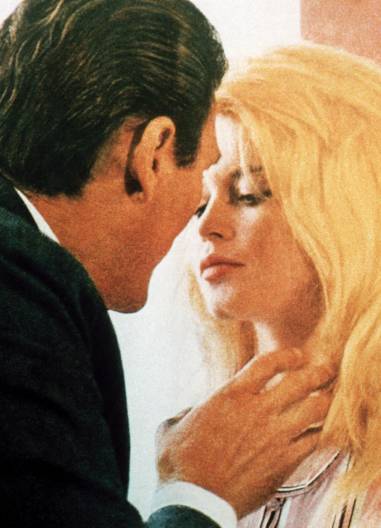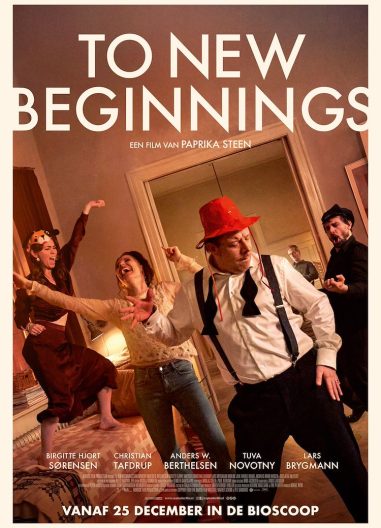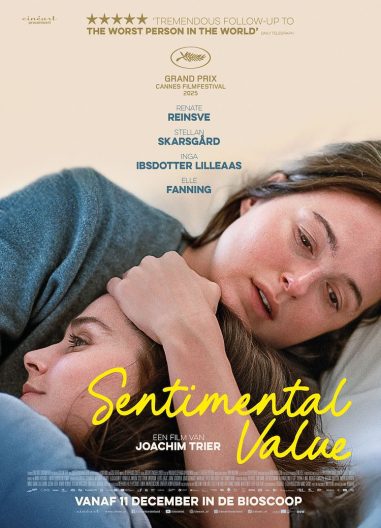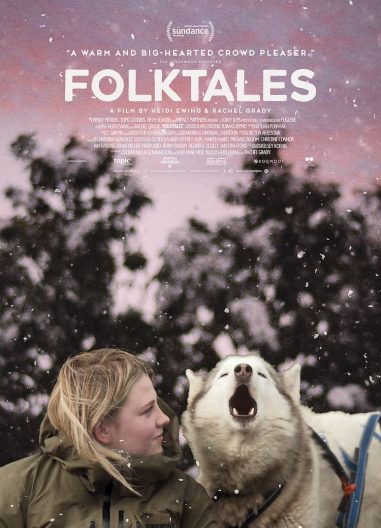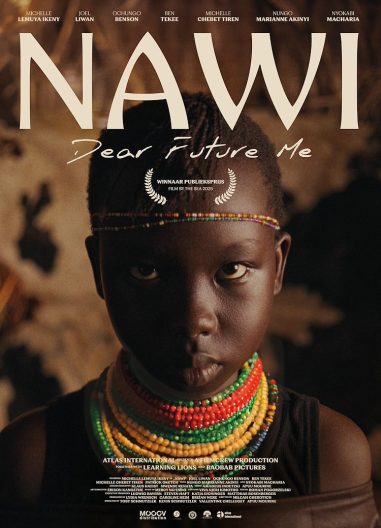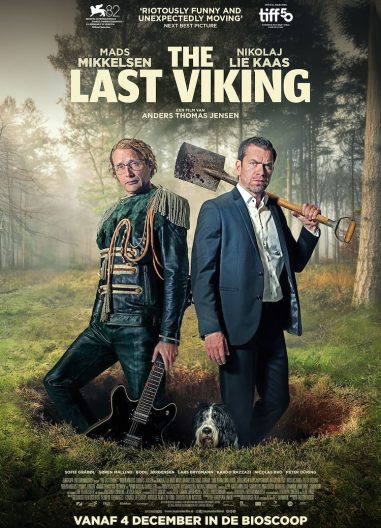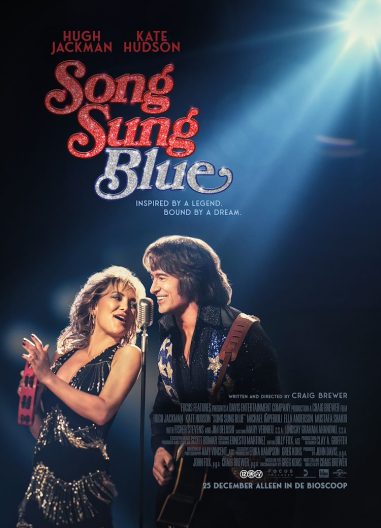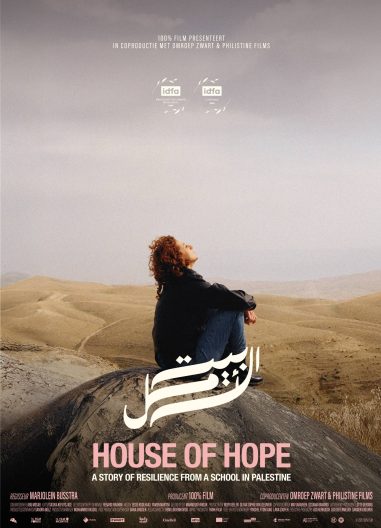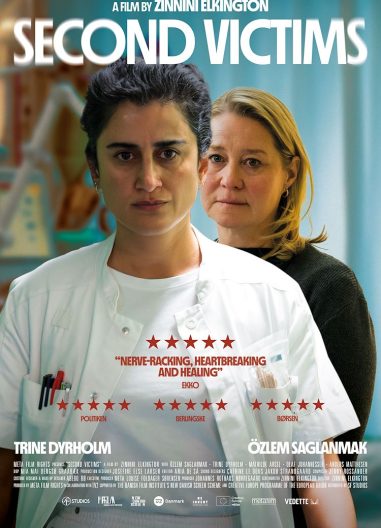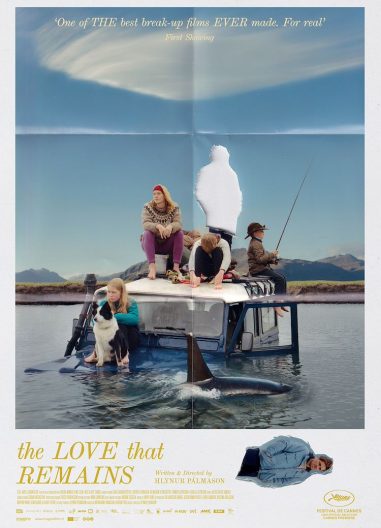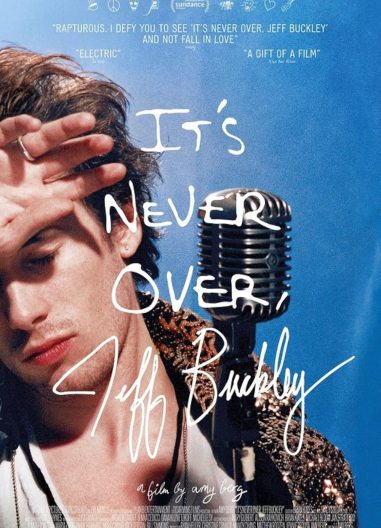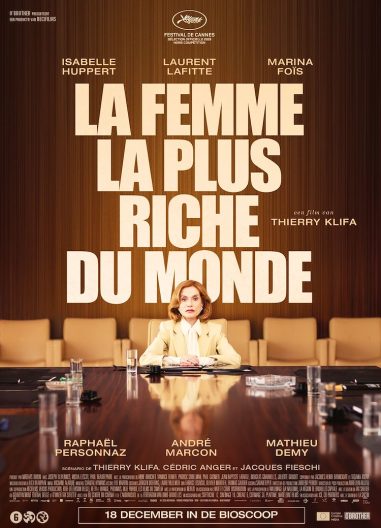Carrie
“If you’ve got a taste for terror…take Carrie to the prom”
De verlegen en gevoelige tiener Carrie White (Sissy Spacek) gaat gebogen onder pesterijen van haar klasgenoten op school en thuis domineert haar extreem religieuze moeder (Piper Laurie). Een reeks vreemde voorvallen doen haar vermoeden dat ze over bovennatuurlijke gaven beschikt. Wanneer Tommy Ross (William Katt), een empathische jongen haar meevraagt naar het bal nemen dingen een donkere en gewelddadige wending.
De film is gebaseerd op het eerst gepubliceerde verhaal van Stephen King uit 1974. In de eerste versie van het script bleef schrijver Lawrence D. Cohen trouw aan het oorspronkelijke verhaal. Toch besloot De Palma deze benadering te schrappen en het verhaal van Carrie op compleet lineaire wijze te vertellen.
Carrie ontving grotendeels lauwerende kritieken en wordt gezien als een van de beste films uit 1976 en is uitgegroeid tot een horrorklassieker. De thema’s die de film aansnijdt, zoals pesten en feminisme, zijn vandaag de dag nog even relevant als in 1976.
The story revolves around a shy and sensitive teenage girl Carrie White (Sissy Spacek) who faces taunting from classmates at high school and her domineering, extremely religious mother (Piper Laurie) at home. When strange occurrences start happening around Carrie, she begins to suspect that she has supernatural powers. And when Tommy Ross (William Katt), an empathetic teenage boy invites her to the senior prom, things take a dark and violent turn.
The film is based on Stephen King’s first published novel, from 1974, and in fact this is the first novel of his to be adapted into a feature film. While making the first draft of the screenplay, writer Lawrence D. Cohen stuck fairly close to the book, yet Brian De Palma rejected this approach and chose to eliminate this structure and tell the story of Carrie in a completely linear fashion.
Carrie received largely positive reviews and is regarded as one of the best films of 1976. It is still seen as a horror movie classic. The thematic issues, such as bullying and feminism, are just as relevant today as they were in 1976 when the film was made.
Kies tijdstip
- filmspecial
“If you’ve got a taste for terror…take Carrie to the prom”
De verlegen en gevoelige tiener Carrie White (Sissy Spacek) gaat gebogen onder pesterijen van haar klasgenoten op school en thuis domineert haar extreem religieuze moeder (Piper Laurie). Een reeks vreemde voorvallen doen haar vermoeden dat ze over bovennatuurlijke gaven beschikt. Wanneer Tommy Ross (William Katt), een empathische jongen haar meevraagt naar het bal nemen dingen een donkere en gewelddadige wending.
De film is gebaseerd op het eerst gepubliceerde verhaal van Stephen King uit 1974. In de eerste versie van het script bleef schrijver Lawrence D. Cohen trouw aan het oorspronkelijke verhaal. Toch besloot De Palma deze benadering te schrappen en het verhaal van Carrie op compleet lineaire wijze te vertellen.
Carrie ontving grotendeels lauwerende kritieken en wordt gezien als een van de beste films uit 1976 en is uitgegroeid tot een horrorklassieker. De thema’s die de film aansnijdt, zoals pesten en feminisme, zijn vandaag de dag nog even relevant als in 1976.
The story revolves around a shy and sensitive teenage girl Carrie White (Sissy Spacek) who faces taunting from classmates at high school and her domineering, extremely religious mother (Piper Laurie) at home. When strange occurrences start happening around Carrie, she begins to suspect that she has supernatural powers. And when Tommy Ross (William Katt), an empathetic teenage boy invites her to the senior prom, things take a dark and violent turn.
The film is based on Stephen King’s first published novel, from 1974, and in fact this is the first novel of his to be adapted into a feature film. While making the first draft of the screenplay, writer Lawrence D. Cohen stuck fairly close to the book, yet Brian De Palma rejected this approach and chose to eliminate this structure and tell the story of Carrie in a completely linear fashion.
Carrie received largely positive reviews and is regarded as one of the best films of 1976. It is still seen as a horror movie classic. The thematic issues, such as bullying and feminism, are just as relevant today as they were in 1976 when the film was made.

